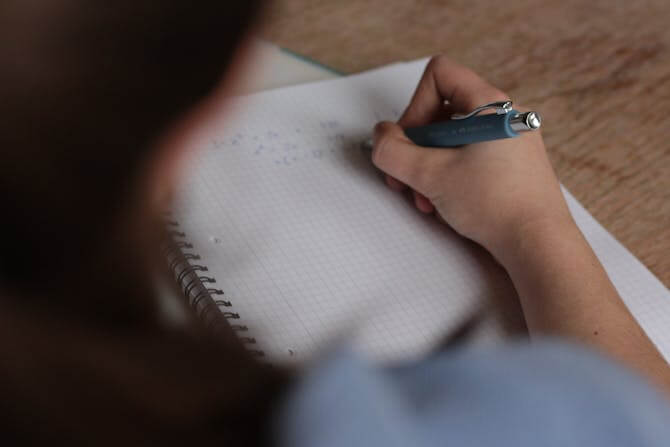Sleep Snippet - Nap Better
Feeling tired during the day is a common experience. According to research by Mintel, only 46% of Britons wake up feeling well rested in the morning. When we face the day exhausted, maintaining focus and concentration becomes a challenge.
So, what's the remedy for this fatigue? One solution might lie in observing how young children handle tiredness: through napping. With some practice, a brief nap during the day can effectively rejuvenate the mind and help recuperate lost sleep. Let's explore why naps are beneficial and discover some tips for mastering the art of the siesta.
When you're planning your nap, think about what you’re aiming to do afterwards, as the length of your sleep can have a different effect on how you feel when you wake up. For instance:
- A 10–20-minute nap: You can boost your energy and alertness without any grogginess.
- A 30-minute nap: You can experience restorative rest, though sleep inertia — the moment when we feel our groggiest upon waking — begins at around this time, so you may need a short recovery period.
- A 60-minute nap: This length of sleep can improve memory and alertness once initial grogginess has worn off. You may need a short waking period to fully recover.
- A 90-minute nap: This is enough time for a full sleep cycle, including REM dreaming, that's able to boost mood, improve memory, and increase creativity. Also avoids sleep inertia, so there won't be much grogginess.
If you need more information about getting the most out of your naps, read the full article and improve your napping skills!








Leave a Reply